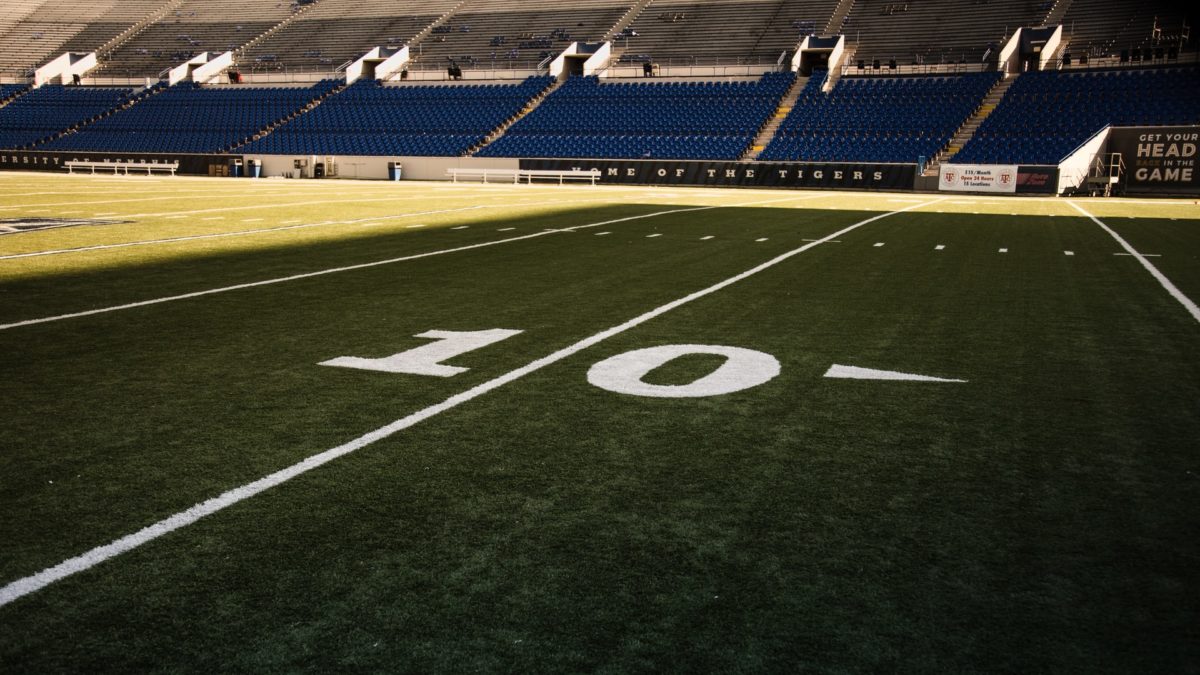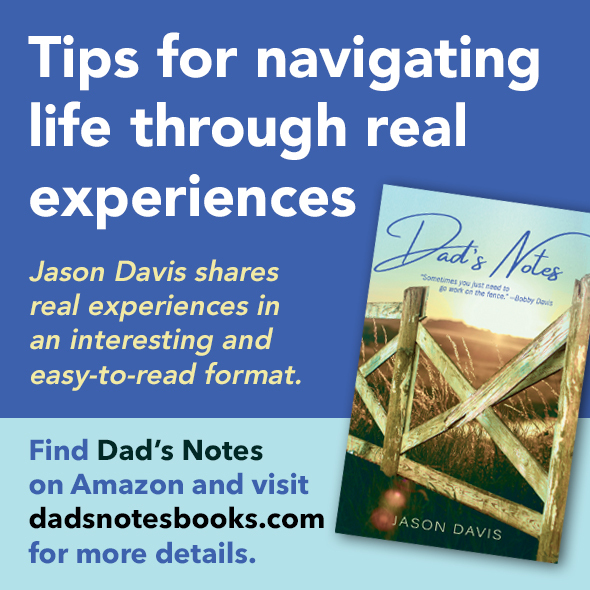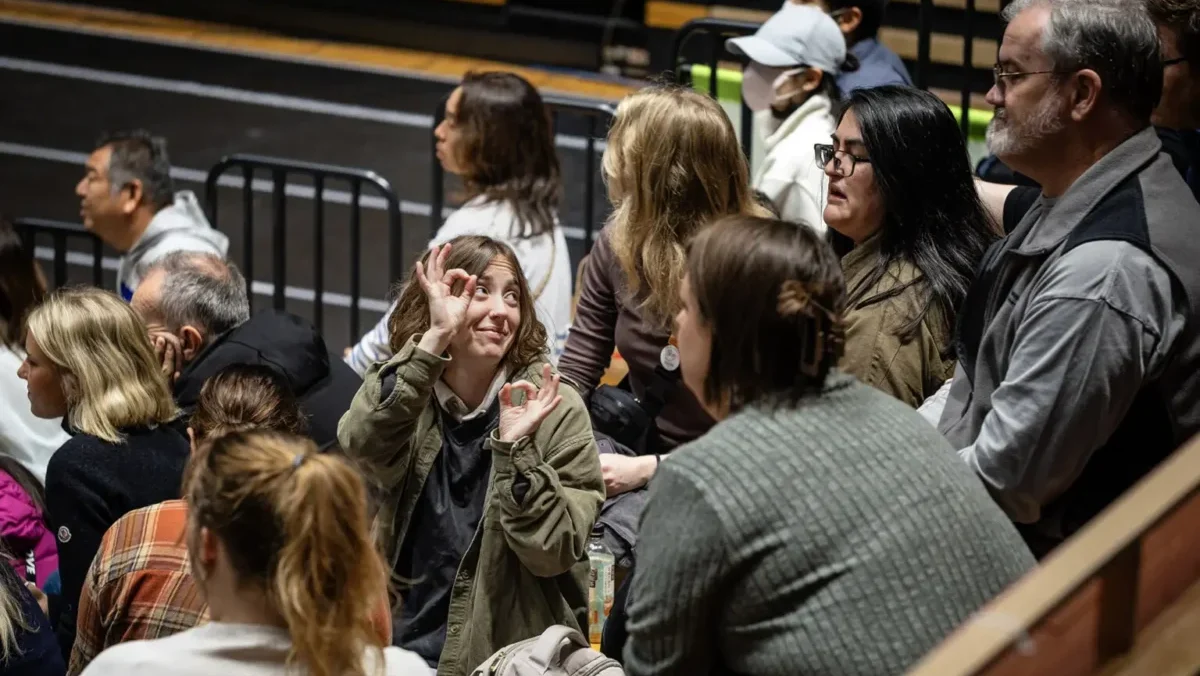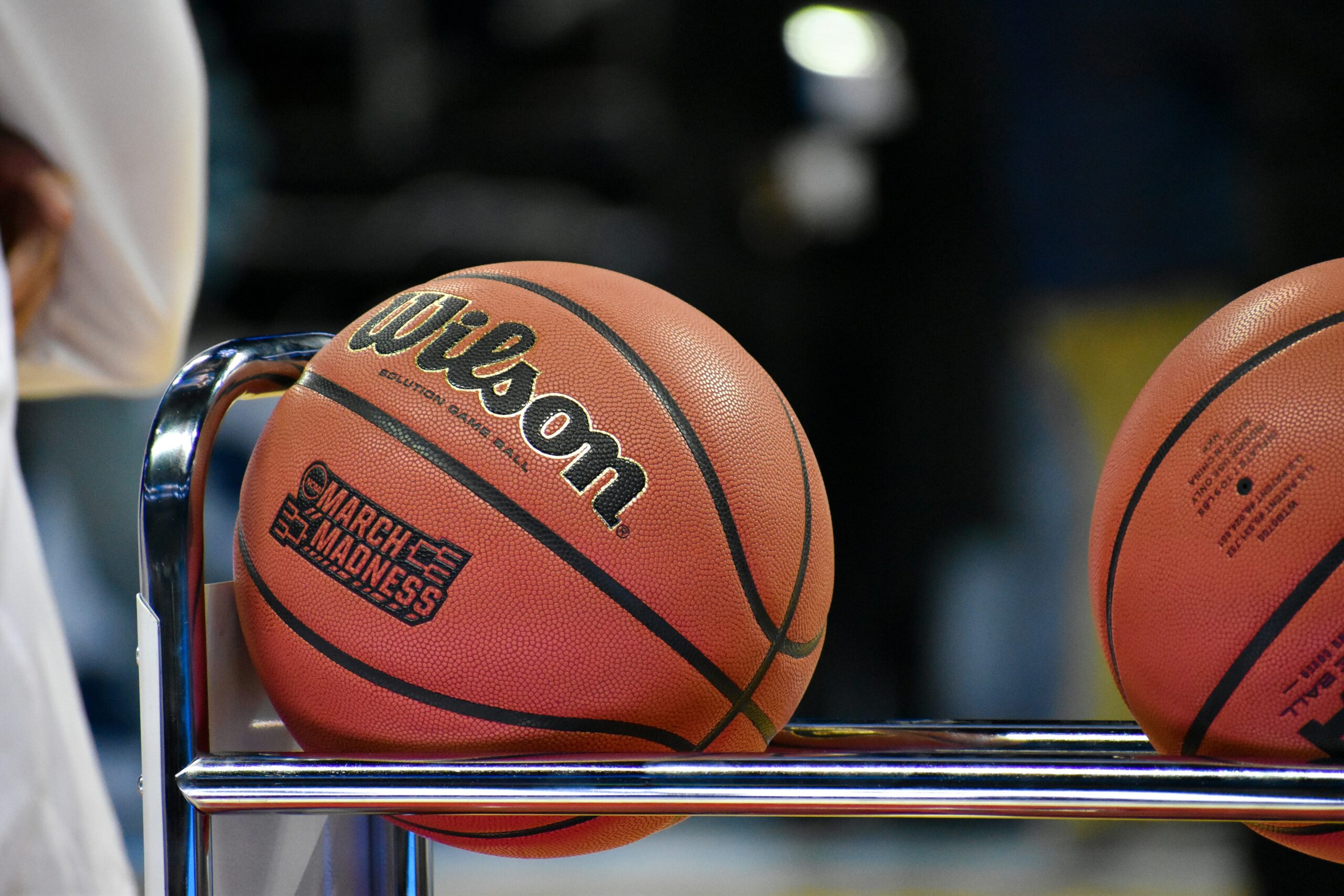Nevada sportsbooks reported bettors wagered about $136 million on Super Bowl LV in 2021, and with Super Bowl LVI set for Feb. 13, a storm of gambling advertising has engulfed the United States, spotlighting why gambling is a dangerous threat to public health.
Stop Predatory Gambling and the Public Health Advocacy Institute at Northeastern University School of Law co-sponsored a recent webinar titled, “America’s New Storm of Gambling Advertising: A Threat to Public Health.”
Mark Gottlieb, PHAI’s executive director, sees many similarities between the gambling and tobacco industries.
As simple as reaching for a phone
“Cigarettes are sold in packs that fit in our hand easily and provide their smokers with the ability to satisfy the addiction whenever their brains tell them that they need nicotine by simply reaching into their pocket and grabbing a cigarette,” Gottlieb said. “Until recently someone had to go to a casino or a betting parlor to place a legal bet, and now in more than half the states gamblers can just similarly reach into their pockets for their phones to satisfy their need for action, just like with addicted smokers.”
Gottlieb said that like smoking, developing a public health response to the gambling industry’s actions and products as soon as possible will be key to limiting widespread harm.
Harry Levant is director of education at Stop Predatory Gambling. A recovering addict, Levant made his last bet in 2014. He has dedicated his professional work to help people and families overcome struggles with gambling addiction and other substance disorders.
Levant explored facts and exposed truths about the rapid growth of commercialized gambling with an emphasis on advertising.
America is experiencing unprecedented growth in legalized gambling, he said. Multiple reports say the commercial gambling industry made over $44 billion in 2021, surpassing the record set in 2019. Technology now delivers constant and immediate access to online sports and casino gambling, and for more than 40 years, the gambling industry has campaigned for self-regulation, he noted.
Currently, advertising ignores public harm and promotes gambling industry self-regulation, commonly known as “responsible gaming,” he said.
Now known as the gambling establishment, the multibillion-dollar enterprise is led by gambling companies, sports leagues and teams, media and state government.
Levant quoted statistics that in 2021, gambling companies spent more than $1.2 billion to acquire new customers in the U.S. In 2022, that figure is expected to exceed $2.1 billion.
NFL ‘paving the way’
According to the American Psychiatric Association’s “Diagnostic and Statistical Manual of Mental Disorders, Fifth Edition,” compulsive gambling has all the hallmarks of an addiction, not unlike heroin, opioids, alcohol and cocaine.
One of every two people struggling with a gambling problem will contemplate suicide, Levant lamented.
The younger a child is exposed to gambling, the greater the risk, Levant warned. Thirty-nine percent of children ages 12–17 have gambled in the past year; 30% started gambling before age 10.
Levant noted three dangers gambling advertising is designed to promote: constant access and action, and the nonstop chase in the online casino.
He focused on the National Football League, calling it “the unquestioned juggernaut of sports betting, and the model that has been created by the NFL and its gambling partners is paving the way for what’s happening throughout professional and collegiate sports in America.”










